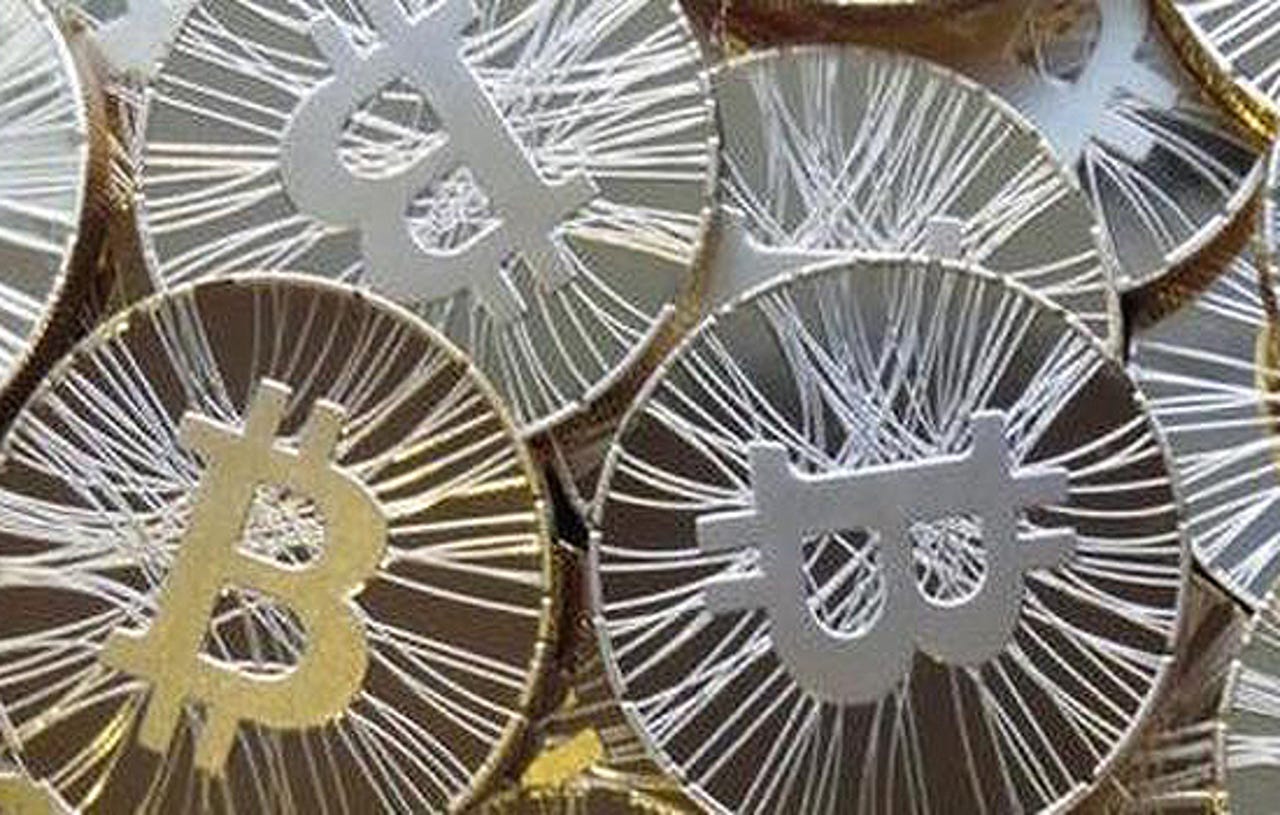How blockchain technology can transform our world


What is blockchain technology?
Blockchain technology, put simply, is a type of digital ledger which records transactions, agreements, contracts and sales. The technology is decentralized, which means that information is stored in computers around the world, and is constantly updated in real-time to reflect changes in stock, sales and accounts by bringing records together into blocks before algorithms 'chain' these data stores together chronologically. Blockchain is most commonly associated with Bitcoin, as the technology underpins how this virtual currency is bought and sold.
We are likely to see many uses of blockchain technology in the future, but what applications are currently being explored?
Blockchain spending tracker
Blockchain technology can be used as a digital "ledger" which can track spending habits and document account changes which cannot be doctored. In a new pilot scheme launched this year, the UK government announced plans to use blockchain technology to monitor how benefit claimants spend their money.
Via: ZDNet
File storage
If you focus on peer-to-peer networking, there is little need for centralized databases and vast storage capabilities. Storj, for example, is a decentralized platform based on cryptocurrency and the blockchain which encrypts your files, shreds them and stores them in computers worldwide.
Identity management
Companies including Onename are jumping on blockchain technology as a means to regulate and toughen-up security around digital identities, which are becoming increasingly more critical to protect. In 2015, the firm launched an ID system based on the blockchain which ties you to the technology and prevents tampering -- with the overall aim of replacing physical ID one day, such as passports and driver licenses.
Online voting
The Australian government has recently proposed a shake-up of voting systems which will place blockchain technology at the heart of a new foray into digital voting. State-owned Australia Post says that using the technology will "provide traceability, prevent manipulation, yet allow anonymity, and be resistant to denial of service attacks."
Stock market monitoring
Last year, blockchain technology caught the attention of stock market traders. In particular, the Nasdaq is currently experimenting with the technology to manage physical securities and replace the sale and transfer of shares in private companies with blockchain technology to improve efficiency and potentially cut out the middle man -- such as banks -- when trading takes place.